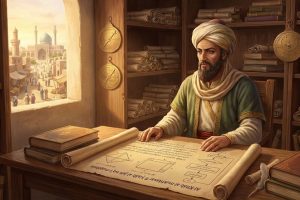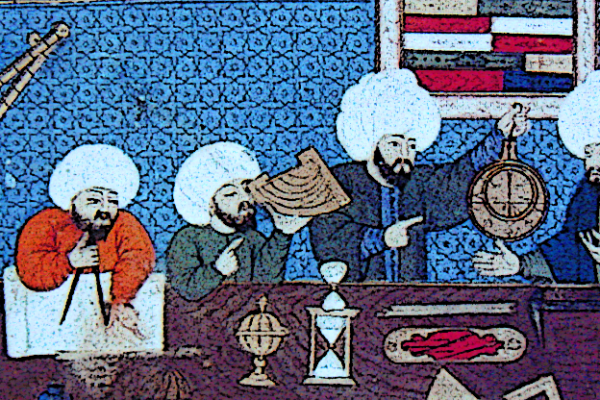
How Canada Became the Car Theft Capital of the World: A Comprehensive Analysis of Trends, Policies, and Solutions
Canada has recently gained notoriety as the car theft capital of the world. Over the past two decades, car theft rates have surged, driven by a complex interplay of factors. This article delves into the statistical trends, the effectiveness of government policies, and the underlying reasons behind Canada’s high car theft rates, providing a detailed and unique perspective on this pressing issue.





















